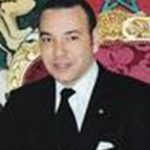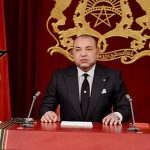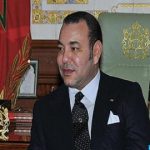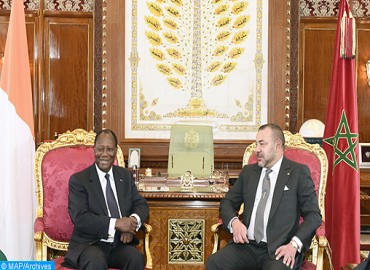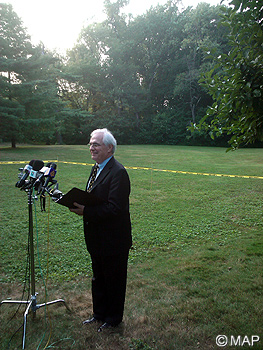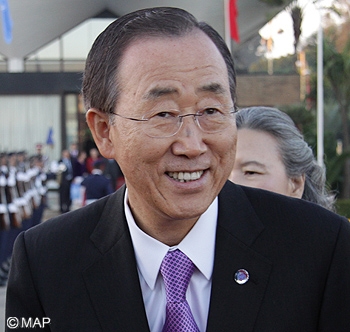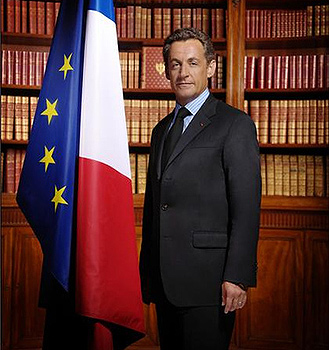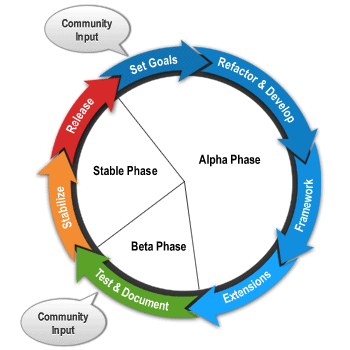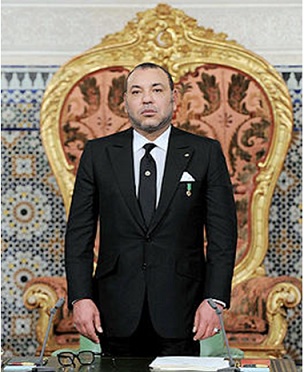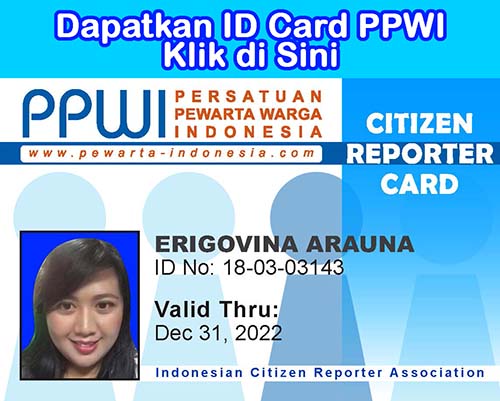HM the King Delivers Speech at Opening of 1st Session of 3rd Legislative Year of 10th Legislature (Full Text)
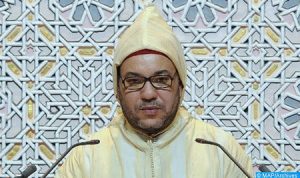 PERSISMA, Rabat – HM King Mohammed VI delivered a speech on Friday before the members of both Houses of Parliament on the occasion of the opening of the 1st session of the 3rd legislative year of the 10th legislature.
PERSISMA, Rabat – HM King Mohammed VI delivered a speech on Friday before the members of both Houses of Parliament on the occasion of the opening of the 1st session of the 3rd legislative year of the 10th legislature.
Here follows the full text of the royal message:
“Praise be to God,
May peace and blessings be upon the Prophet, His Kith and Kin
Ladies and Gentlemen, Distinguished Members of Parliament,
It is always a pleasure for me to meet with the representatives of the nation for this annual event provided for by the Constitution.
This parliamentary year is special in that it coincides with a period for which the motto is ‘the spirit of responsibility and hard work’.
The instructions I have given and the measures I have advocated, particularly through the State of the Nation Address and the 20 August Address, require comprehensive mobilization and collective action. Everyone should carry out his or her mission in full, making sure convictions and differences are respected.
As parliamentarians – whether you belong to a party in power or are a member of the opposition – you have the noble, yet crucial, responsibility of contributing to the current reform dynamic in the country.
Within this respected institution, you form a single, integrated family. There is no difference between you, as is symbolized by your identical Moroccan attire, regardless of your social background or political affiliation. The national interest is the same, and so are the challenges. What counts most is the outcome of your collective work.
I am keen to make sure political parties and organizations are supported and incentivized so they can revisit their work methods. This should contribute to enhancing the performance of political parties and organizations in addition to improving legislation and public policies.
For this reason, I recommend increasing public finance for political parties. Part of that financing should go to qualified people hired to work in fields relating to reflection, analysis and innovation.
Distinguished Members of Parliament,
National mobilization and teamwork require a healthy environment as well as greater solidarity between the various social strata.
This is what I am seeking to achieve through reforms and the economic and social measures taken to improve the living conditions of all Moroccans and reduce social and spatial disparities.
Morocco – by the Grace of God – has been and will continue to be the land of solidarity and social cohesion, be it in families, neighborhoods or society in general.
In old towns, for instance, the facades and doors of houses were and still are identical. It is only once inside that one can tell the material status of families.
That is because the cohesion and unity of Moroccans goes beyond mere appearance. They stem from the values of brotherhood and concord which are deeply ingrained in our hearts as well as from solidarity, in good times and bad.
Consolidating these bonds, which have always brought Moroccans together, means a great deal to me. This is something I seek to achieve through the implementation of effective social policies and by facilitating and encouraging solidarity-based initiatives at various levels.
To this end, I call for regulations to be simplified in order to encourage various forms of donation, volunteer work and charity, and to support social initiatives and socially responsible businesses.
New mechanisms should also be put in place to engage the private sector in tackling social issues and contributing to better services to citizens, be it through social responsibility or public-private partnerships in this area.
Honorable Members of Parliament,
The important instructions I have given in connection with employment, education, vocational training and military service are meant to benefit citizens, especially young people, and to enable them to help serve their country.
As for military service, it enhances the sense of belonging to the homeland.
It also gives access to training which opens up opportunities for the professional and social integration of qualified conscripts who demonstrate a sense of responsibility and commitment.
With regard to performing military service, it must be emphasized that all the Moroccan citizens concerned – without exception – are equal, regardless of social background, diploma or education.
Distinguished Members of Parliament,
Youth employment is one of my foremost concerns. I believe there are a number of sectors which can contribute to creating more job opportunities.
Vocational training is a powerful lever for employment, provided it receives the attention it deserves and so long as it is given a new status as well as a broader scope.
It is necessary to work on creating more bridges and links between vocational training programs and general education courses within a unified, integrated system. There should also be a balance between theoretical training, on the one hand, and practical, workplace training, on the other.
In addition to the role played by vocational training in preparing people for the job market, the agricultural sector can constitute a more dynamic source of employment opportunities and be instrumental in improving living conditions and consolidating stability in rural areas.
I therefore recommend that we build on what has been accomplished in the agricultural sector and create more employment and income-generating opportunities, especially for youths in rural areas.
The aim is to establish and consolidate a rural middle class and to make sure it plays a balancing role and serves as a lever for the achievement of economic and social development, just like the middle class does in cities.
I am aware of the increasing fragmentation of agricultural lands and of the adverse impact this phenomenon has on productivity. However, for young people to remain on their land, they need to be able to find jobs.
I therefore urge the government to come up with innovative mechanisms in order to continue incentivizing farmers to become more actively involved in productive agricultural cooperatives and groupings, and to seek training in the agricultural field.
In parallel, I call for improved access to land, making it more easily available to investors, whether they are individuals or businesses. This should increase production, boost productivity and stimulate employment. Efforts should also be made to preserve the agricultural character of the plots concerned.
Thought should also been given to the best ways to do justice to smallholders, particularly with regard to the marketing of their produce, and to address rigorously the issue of speculation and the multiplicity of intermediaries.
Moreover, using communal agricultural land (sulaliyat) for investment projects in farming should serve as a powerful lever for improved economic and social conditions, especially for rights holders.
This should make it possible to secure at least one million additional hectares of this land.
As is the case with the ownership system applied to communal land in irrigated areas, it is necessary to find appropriate legal and administrative mechanisms to facilitate rights holders’ ownership of some of the fallow land.
This must be done according to specific conditions that take into account the actual implementation of projects, the need to curb the excessive fragmentation of agricultural land and the provision of the technical and financial support needed.
In the same vein, to stimulate employment, we should consider the possibility of having quality initiatives and global leaders involved in some sectors and professions – such as the health care sector – which are not currently accessible to foreigners, provided the said projects contribute to the transfer of know-how and create employment opportunities for young Moroccans with the right qualifications.
Indeed, growing interest is being shown by many of the world’s leading clinics and hospitals that wish to invest in our country.
There are tempting incentives which induce some students to remain abroad after completing their studies. I believe, however, that the initiative we are launching will help provide the right conditions for Moroccans with skills to come back to work in their country and create healthy competition, which will ultimately improve service provision.
Distinguished Members of Parliament,
Last year, I called from this rostrum for our national development model to be reconsidered and for a new approach to be devised to help address the needs of citizens – a model that would enable us to reduce gaps and disparities, achieve social and spatial justice and keep up with changes at home and abroad.
Accordingly, some of the institutions and agencies concerned, as well as a number of stakeholders and bodies have kindly prepared proposals and carried out studies to this effect.
Through initiatives and reforms launched this year, I have sought to pave the way for future action, provide certain guidelines and create fresh momentum. Special emphasis has been laid on urgent issues on which there is a national consensus and about which we cannot afford to procrastinate, such as education and training, employment and youth issues, public support and social protection.
It is quite natural for there to be ample reflection and extensive dialogue on such an issue, which is crucially important for Morocco’s future. I believe, however, that this major project is now ready and that we need to move on to making concrete proposals. This should be done within the next three months.
In this respect, I have decided to set up a special committee whose mission will be to collect and sort out proposals and to draw conclusions therefrom, using a comprehensive strategic and instructive format. I expect the said committee to report to me on the proposed new development model, specifying the objectives targeted, the proposed options for change and the means for actual implementation.
Honorable Members of Parliament,
The stakes involved and the challenges facing our country are as diverse as they are intertwined. There can be no wait-and-see attitudes or narrow calculations about them.
Morocco must be a country of opportunity, not of opportunists. All citizens, without exception, should be given the same chance to serve their country, and all citizens must benefit, on an equal footing, from the country’s resources and from opportunities for growth and advancement.
More than ever, Morocco needs true patriots who have the homeland’s interests at heart, who care about the citizens and who seek to bring Moroccans together rather than divide them; it needs honest officials who shoulder their responsibility with dedication and selflessness.
I therefore want you to rise to the occasion. This requires a genuine sense of patriotism, collective mobilization and a clear will to put the homeland and the citizens above all else.
Almighty God says: “Our Lord, truly you know what we conceal and what we reveal: for nothing whatever is hidden from Allah, whether on earth or in heaven”. True is the Word of God.
Wassalamu alaikum warahmatullah wabarakatuh.”

